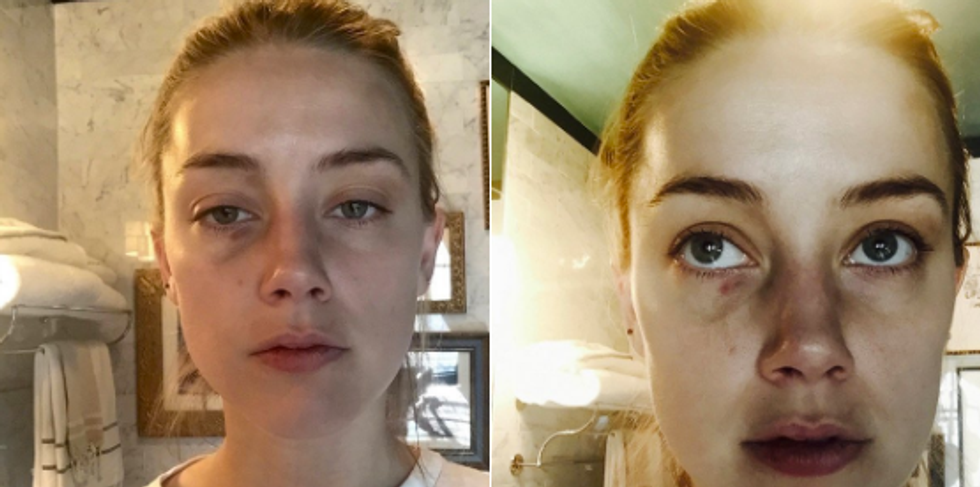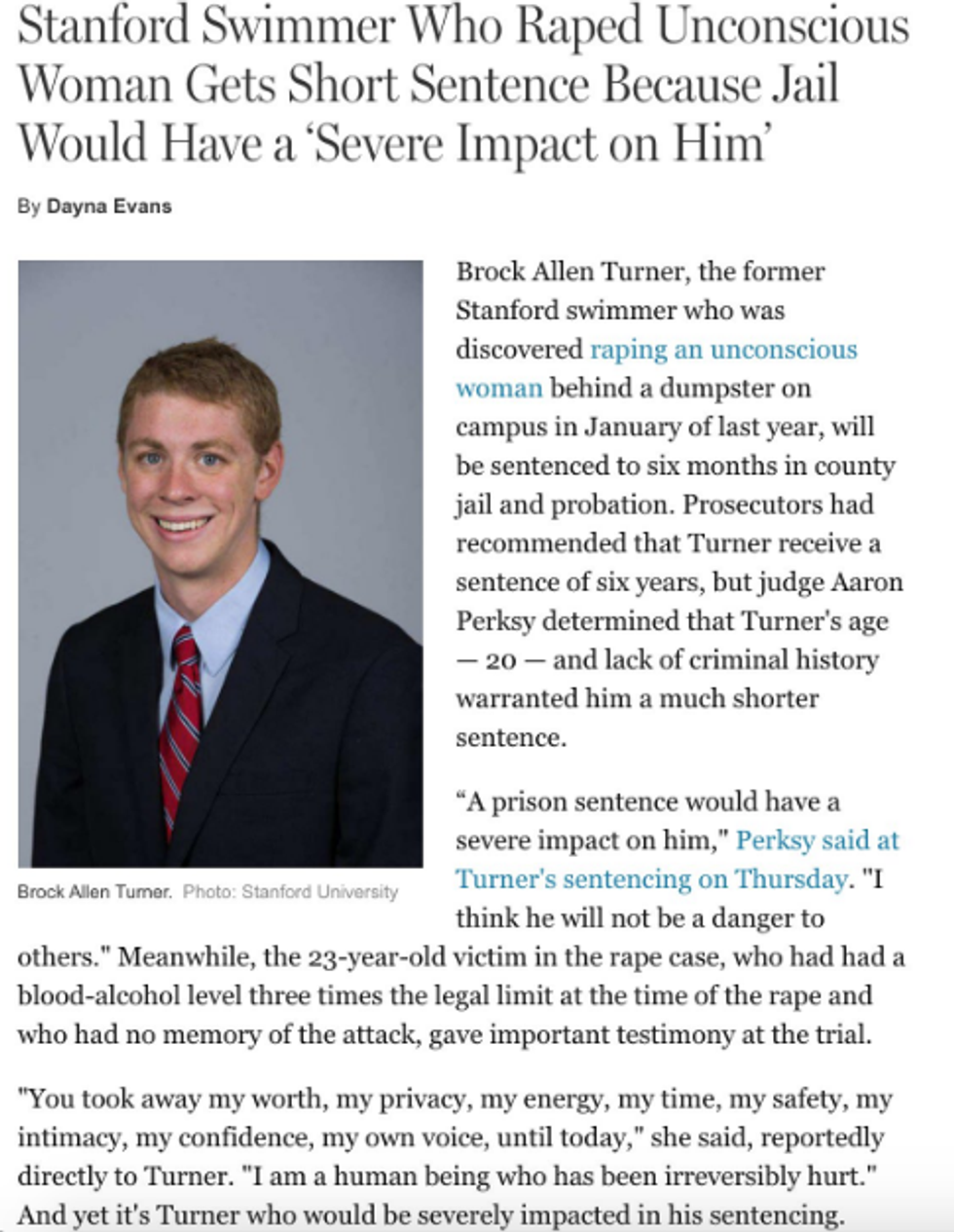Trigger/content warnings: Mentions of rape/sexual assault and domestic abuse/intimate partner violence.
Abuse is a sensitive subject – it’s the unicorn in a field of horses reading Nicholas Sparks novels, as the environment society has created for victims privileges their perpetrators over them. According to the National Coalition Against Domestic Violence (NCADV), one in three women and one in four men have been victims of some form of intimate partner violence in their lifetime. Domestic violence is ubiquitously associated with women – but one in five trans* people surveyed in 2011 by the National Gay and Lesbian Task Force (NGLTF) experienced some form of domestic violence for their gender identity.
The news recently has chorused tales of abuse. Each story echoes past mountains of doubt and shame only to denounce the validity of any evidentiary support. Claims from Amber Heard – the unknown who is now (in?)famous for being the newest estranged wife of Johnny Depp – as she publicly accused a theatrical hero of strange characters without any public history of abuse. Or a recent rape victim who watched her perpetrator being labelled “guilty,” only to receive a lighter sentence to preserve his future as a swimmer. Or even Kesha, who accused her producer of sexual abuse, only to be mocked by him and his team. It might seem evident to raise the question: “How could such a 'nice guy' do such a horrible thing?”
We don’t want to believe it.
There’s a pedestal that "Ted Mosbys" like Johnny Depp sit upon – it’s reserved for those believed to be the “Nice Guy.” Rightfully, a pedestal as prestigious as this one supplies those sitting upon it with irrevocable power. Those brave enough to crack such a delicate façade may seem dubious to those watching the throned “Nice Guy” from the bottom. There’s a book of preemptive questions by an unknown author to stop the “Nice Guy” façade from crumbling indefinitely.
“Well, what were [they] wearing?”
“How much were [they] drinking that night?”
“Did [they] do something to deserve it?”
In the case of Amber Heard, it’s easier to label her a “gold digger,” as she is virtually unknown in Hollywood's alternate universe. Plus, she was briefly married to Hollywood’s incorrigible “Nice Guy.” Johnny Depp is influential to many young actors – he could never do something out of character, people say. Heard is bisexual, too, so, she’s like, basically a lesbian, people also say. She just wanted his money to pal around Los Angeles with her squad of lesbian friends. He’s the real victim here! Ugh, it's like real-life Gone Girl!
This environment of slewing the blame onto the victim creates a much more difficult environment for victims of abuse to come forward. “Innocent until proven guilty” is a moot argument aimed at the refusal to believe someone so beloved could do anything wrong.
Abuse does not transcend the wealth, likability, or fame of your partner. Sure, we can tack “alleged” onto Heard’s claims as a court of law has not ruled on them yet. But siding with an alleged perpetrator because of their status in a superficial world based on nothing more than entertainment value diminishes hope for victims of abuse who are not as privileged as their abusers.
Heard did everything in her discretion to prove her abuse: photo evidence, a restraining order, etc. It wasn’t enough for the Depp fans and doubters out there. Misogyny is at the root of these claims; a pair of rose-colored glasses tinting such a treasured icon the correct shade to keep true the purity of a person they’ve never even met.
The statistics speak for themselves, but the “Nice Guy” trope dragging behind like tin cans on a “Just Married” limo overshadows any doubt toward accused abusers such as Depp.
There needs to be a cultural shift – one that places more trust in victims who are brave enough to slash the overgrown jungle of stigmas with a machete, even if it means fracturing the delicate masquerade of the “Nice Guy.” It’s clear abuse shows no gender. But we are more inclined to trust those embodying the traditional “Nice Guy.” It’s a toxic environment for victims and it's preventing any further solutions to this problem.
Domestic abuse is not anachronistic of a time before feminism. It still exists, whether or not you see it.
We encourage victims to come forward while simultaneously doubting, slut-shaming, and condemning those who do. Isn’t it time we care about victims’ feelings, rather than just perpetrators’?
If you or someone you know is a victim of sexual abuse, rape, intimate partner violence, or domestic abuse, here are some resources you can use (many of which you can visit and still remain anonymous).
The National Domestic Violence Hotline
RAINN (Rape, Abuse, and Incest National Network)'s list of national resources


























